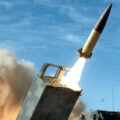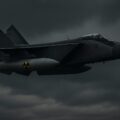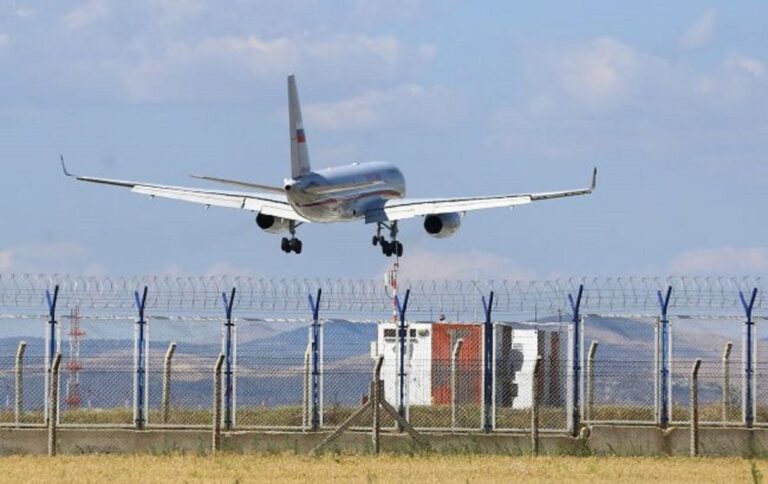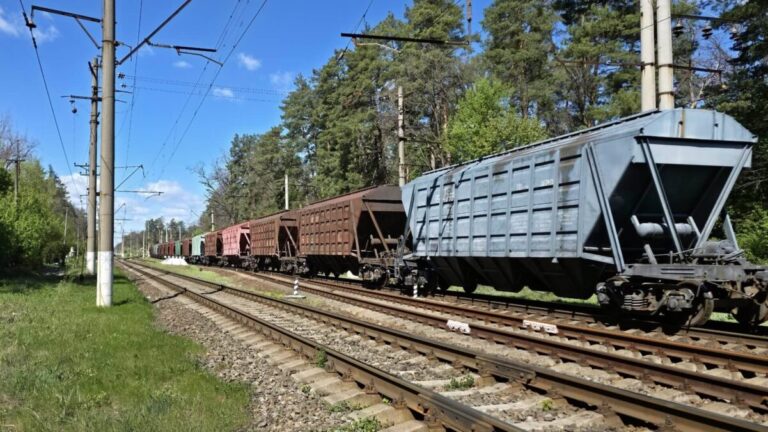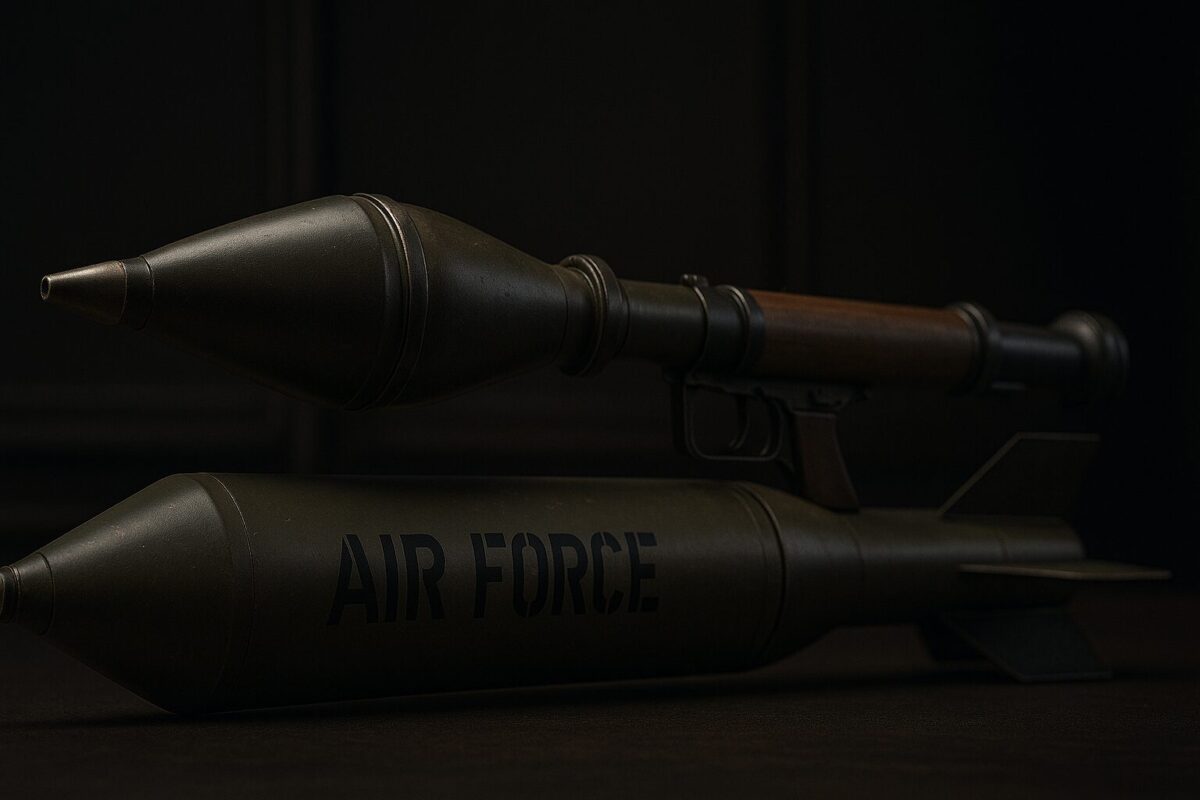
Western Allies Allow Ukraine to Strike Inside Russia: Strategic Shift and Kremlin’s Reaction
The war has entered a new phase — quietly, yet decisively. Germany, the United States, the United Kingdom, and France have officially permitted Ukraine to strike military targets inside Russian territory using Western-supplied weapons. This shift, confirmed by public statements from top officials, reflects a growing readiness in the West to move from containment to confrontation. And Moscow is already reacting.
What Changed — and Why Now
The most striking revelation came from Friedrich Merz, the leader of Germany’s Christian Democratic Union (CDU). He publicly stated that Ukraine is now allowed to use German-supplied weapons to hit military targets on Russian soil — and not just near the frontlines. What is even more significant: Merz admitted the decision had been made “months ago,” but remained undisclosed until now.
Soon after Germany’s announcement, confirmations followed from Washington, London, and Paris. The wall of restrictions has fallen. For the first time since the beginning of the full-scale invasion, four of Ukraine’s key allies have officially opened the door to cross-border strikes using advanced NATO-grade systems.
Moscow’s Response: Denial, Threats, and Strategic Silence
The Kremlin’s reaction, though layered, reveals anxiety. Russian Foreign Minister Sergei Lavrov acknowledged that such permissions had indeed been granted earlier — they simply weren’t made public. Kremlin spokesperson Dmitry Peskov called the development “escalatory,” warning of “symmetrical responses.”
Yet the silence of Vladimir Putin is the most telling element. Historically, when caught off guard, the Russian president retreats into deliberation before delivering carefully staged statements. His prior warnings about “symmetrical retaliation” now return with new weight. Could Russia strike Western military targets? Could it escalate against NATO allies? Or is the silence a strategic pause before a propaganda offensive?
Strategic Implications: Beyond the Battlefield
The West’s greenlight marks not just a tactical adjustment but a geopolitical signal. It acknowledges a fundamental reality: Russia’s aggression cannot be contained without hitting the logistics, bases, and airfields that enable it. Long-range weapons are not effective if they are restricted to one side of the border — while Russian missiles strike freely from hundreds of kilometers away.
This new policy suggests that deterrence through ambiguity is no longer enough. Instead, clarity and capability must go hand-in-hand. It is also a message to Moscow: the rules have changed.
Revelant
Trump’s Outburst — A Strategic Blunder
Amid these developments, former U.S. President Donald Trump made a revealing post on Truth Social. He claimed that if not for him, Russia would have “faced really bad things” by now, implying that his past actions shielded Moscow. His words were quickly seized upon by American media, many calling them a confession of complicity.
While Trump later tried to walk back his remarks, the damage was done. In attempting to boast, he inadvertently positioned himself as an obstacle to Western pressure on Russia — a gift to the Kremlin’s narrative. His post may complicate political consensus in Washington, particularly among isolationist factions of the Republican Party.
What Comes Next: Escalation or Deterrence?
The most pressing question now: how will Russia respond?
Peskov’s warnings suggest that retaliation — potentially beyond Ukraine — is on the table. Could the Kremlin escalate in the Baltic region? Target Western military logistics in Poland? Or conduct cyber and hybrid operations in Europe as a “proportionate” response?
Conversely, the West’s decision may also serve as a deterrent. By lifting restrictions, allies signal they are not afraid of escalation — and that Russia’s threats have diminishing power. Deterrence now relies not on fear, but on resolve and preparedness.
Strategic Clarity in a New Phase of War
This isn’t just a tactical shift — it is a moment of strategic clarity. After more than two years of full-scale war, Western capitals are accepting what Kyiv has long argued: Ukraine cannot win with one hand tied behind its back. And the rules of engagement, like the war itself, must evolve.
Whether this leads to further escalation or forces Moscow into recalibration depends on the West’s unity and Russia’s choices. But one thing is now certain: the frontline is no longer just in Ukraine.
The world is watching — and acting.





